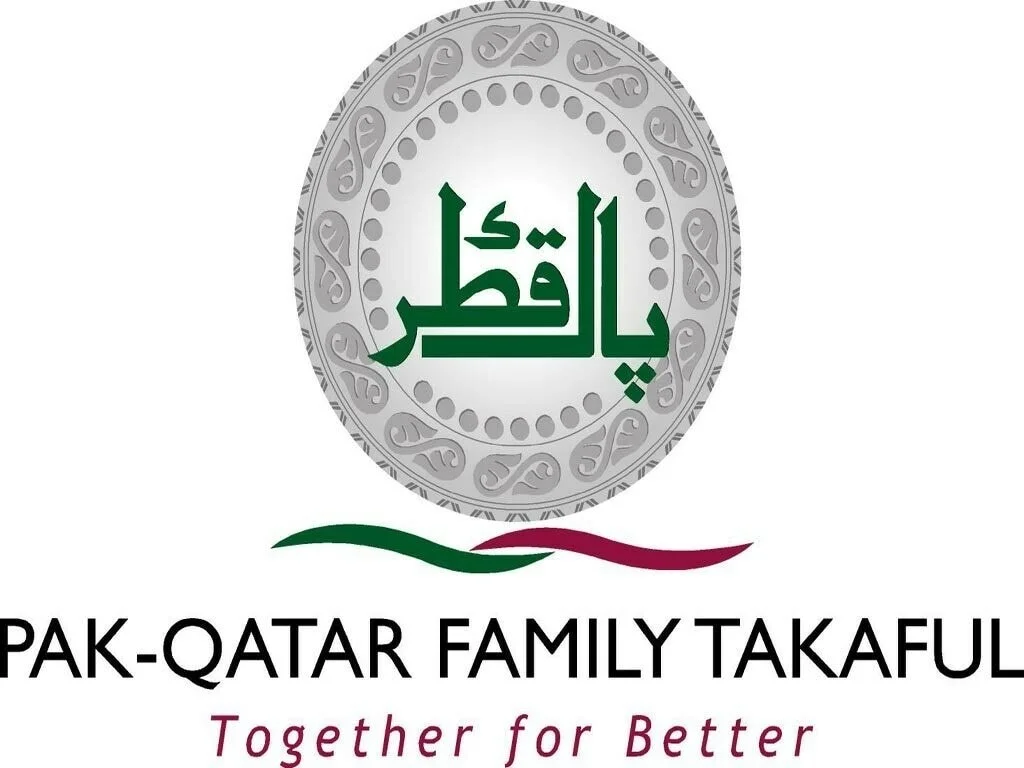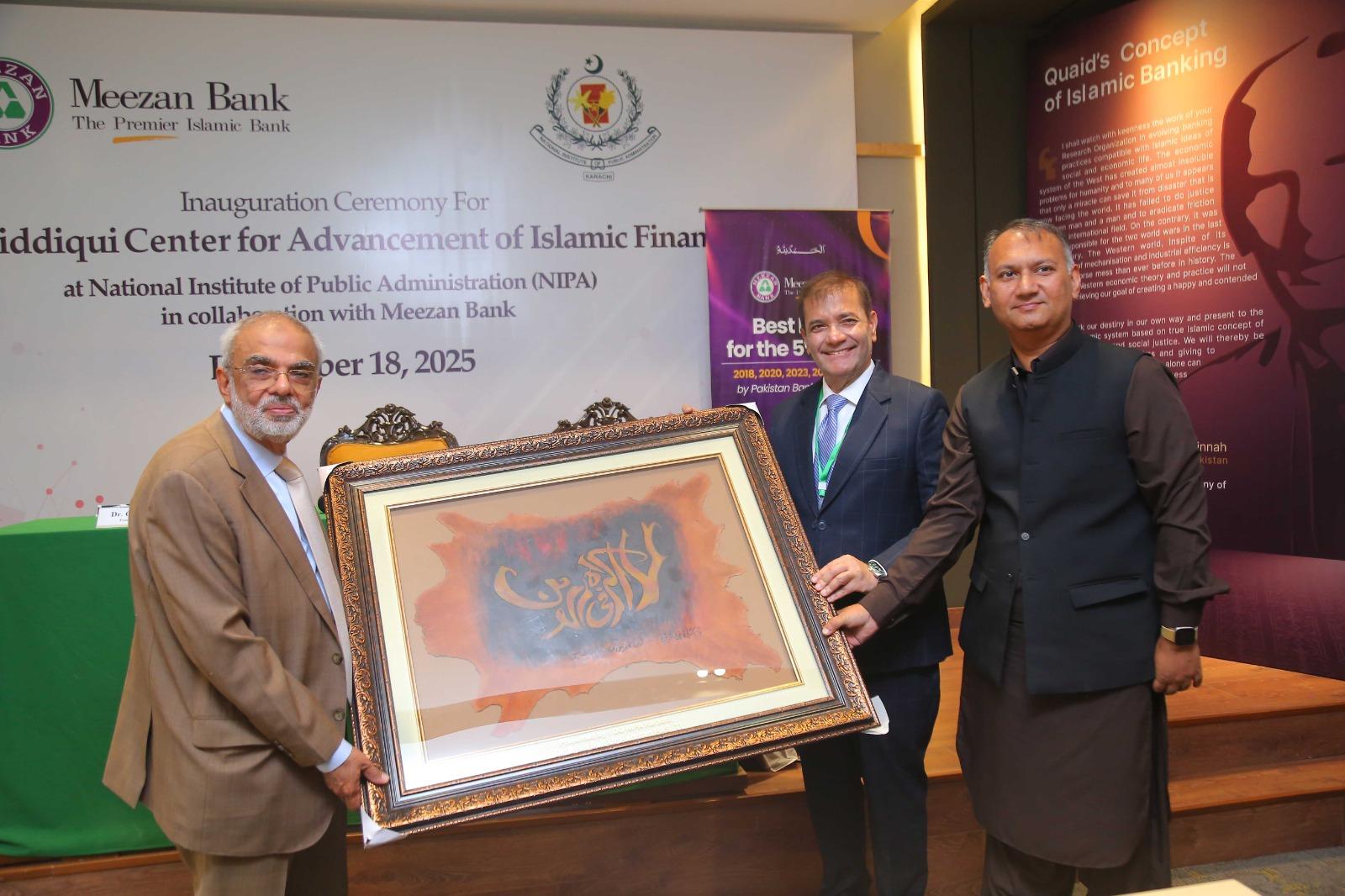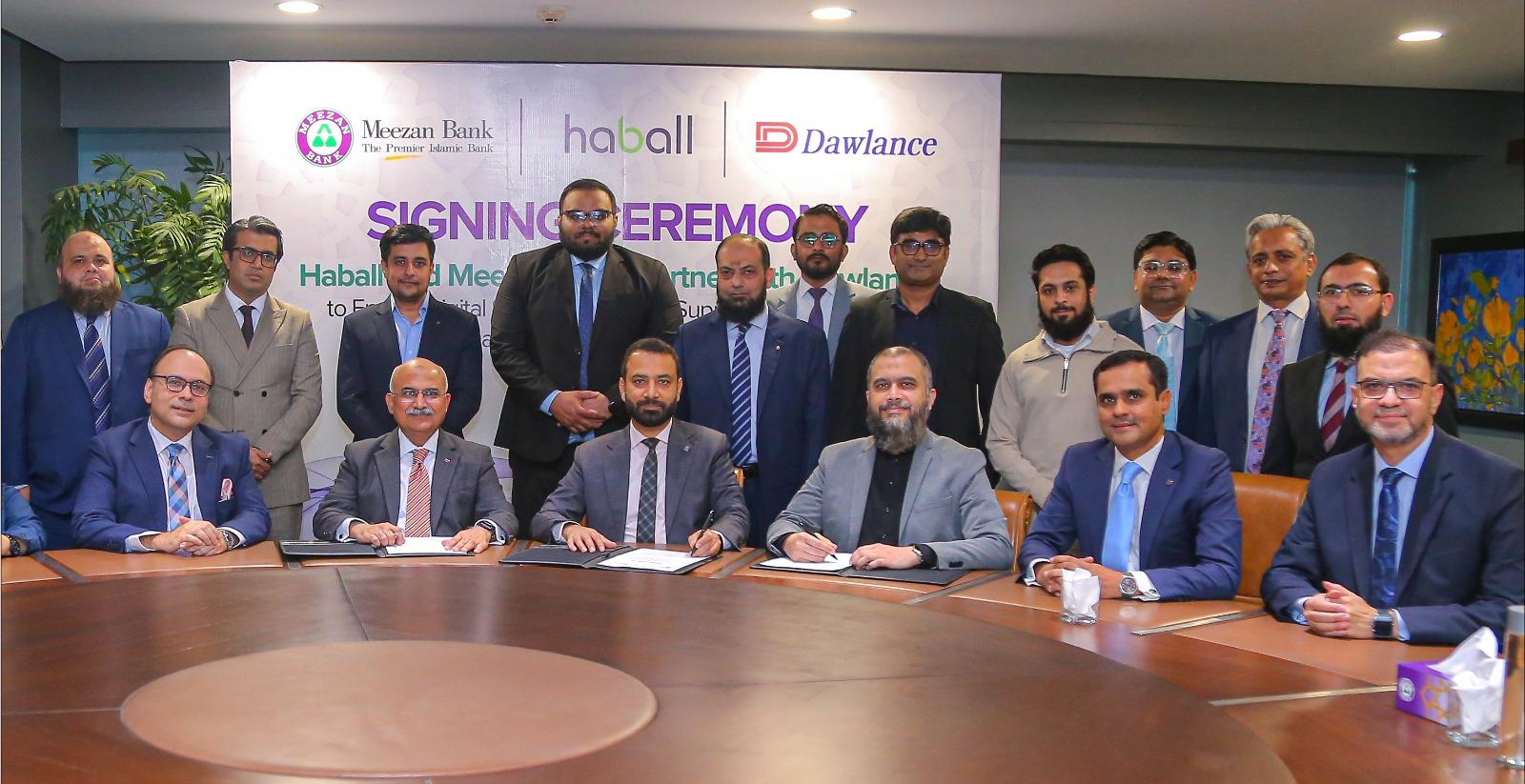Pakistan debates the role of international NGOs in shaping its tobacco control policies, findings from Bangladesh highlight a cautionary tale that policymakers here cannot ignore.
A recent report revealed how organizations funded by Bloomberg Philanthropies including the Campaign for Tobacco-Free Kids (CTFK) and Vital Strategies played a direct role in drafting Bangladesh’s tobacco legislation.
These foreign-funded entities, while presenting themselves as public health advocates, bypassed wider consultation processes and pushed for sweeping bans on alternatives such as e-cigarettes and other smoke-free products. Critics argued that such policy captures overlooked local realities, including the persistent growth of illicit trade.
This regional pattern mirrors Pakistan’s own experience, where several INGOs were previously barred from operating due to transparency and registration issues. Despite this, CTFK has continued to influence the policy debate indirectly through local partners, with a narrow focus on tax hikes and stricter rules for compliant businesses, all while remaining silent on the illicit cigarette trade, which now accounts for more than half of Pakistan’s market and drains over Rs 415 billion annually from the exchequer.
“Illicit trade continues to undermine efforts aimed at fiscal consolidation and economic transparency. Leakages of this scale do not just distort the market but also deprive the government of essential resources, limiting its ability to invest in crucial sectors such as healthcare, education, and infrastructure,” said Fawad Khan, spokesperson for Mustehkam Pakistan.
He added that the Bangladesh case reflects a broader trend across developing nations, foreign-funded advocacy campaigns often disregard economic realities, weak enforcement, and sovereignty concerns. For Pakistan, the risk lies not just in adopting externally driven models, but in failing to address the country’s most pressing challenge, the unchecked rise of illicit cigarettes.
CTFK reportedly moves toward securing formal registration in Pakistan, the spokesperson has urged regulators to ensure strict oversight, transparency of funding, and accountability in policy influence. “Without such safeguards, Pakistan could face a repeat of Bangladesh’s experience, where policy frameworks were heavily influenced by foreign lobbying, often without addressing the root causes of tobacco consumption or illicit trade”, he said.
He said that the tobacco policy in Pakistan must be built on local realities, transparency, and balanced enforcement, not steered by external agendas that risk sidelining the country’s economic and public health priorities.





